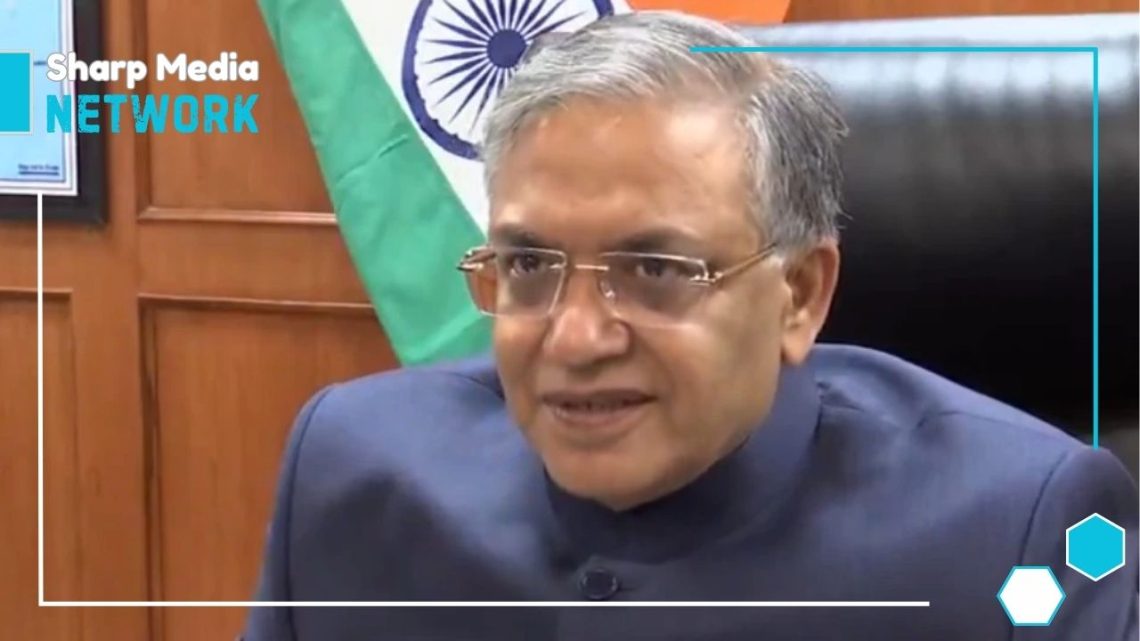
New ECI Appointment Raises Controversy Amid His Role in Abrogation of Article 370
February 19, 2025The appointment of Gyanesh Kumar as Chief Election Commissioner of India has raised eyebrows, drawing sharp criticism due to his involvement in the controversial revocation of Article 370 and the bifurcation of IIOJK.
Gyanesh Kumar’s appointment as Chief Election Commissioner (CEC) has sparked intense debate, with strong reactions from political leaders and observers. His controversial role in facilitating the abrogation of Article 370 and the bifurcation of Indian Illegally Occupied Jammu and Kashmir (IIOJK) into two Union Territories in August 2019 has raised questions about his suitability for the role of overseeing elections in India.
Congress leader Rahul Gandhi was among the first to criticize the appointment, calling it “disrespectful” and “discourteous.” Gandhi also highlighted that the selection process was under the scrutiny of the Indian Supreme Court, further questioning the transparency of the decision. He accused Prime Minister Narendra Modi and Home Minister Amit Shah of making a unilateral choice despite objections from opposition parties.
Before being appointed CEC, Gyanesh Kumar served as the additional secretary in the Ministry of Home Affairs from 2018 to 2021. During this time, he played a significant role in the IIOJK Reorganisation Bill, which laid the groundwork for the controversial revocation of Article 370 and the bifurcation of the region. His involvement in the Modi government’s policy shift on Kashmir has drawn widespread criticism, particularly from Kashmiris and international observers who view the move as a violation of the region’s autonomy and identity.
Kumar’s appointment has raised concerns about the independence and credibility of the Election Commission of India. Political analysts fear that under his leadership, the integrity of elections could be compromised, with the possibility of manipulating the electoral process to further the political agenda of the Bharatiya Janata Party (BJP). Given the contentious nature of IIOJK’s political history, his tenure as CEC is likely to be scrutinized closely, especially during elections in both India and the Union Territories of IIOJK.
The appointment of Gyanesh Kumar comes at a time when the credibility of India’s democratic institutions is increasingly under scrutiny. His controversial past, particularly his role in IIOJK’s reorganization, has already cast a shadow over his new position. The upcoming elections, especially in Kashmir, will undoubtedly fuel the debate over his leadership, with critics questioning whether the Election Commission can maintain its neutrality under his guidance.
As India moves forward, the controversy surrounding Kumar’s appointment is likely to continue, raising important questions about the intersection of politics, governance, and democratic integrity in the country.

